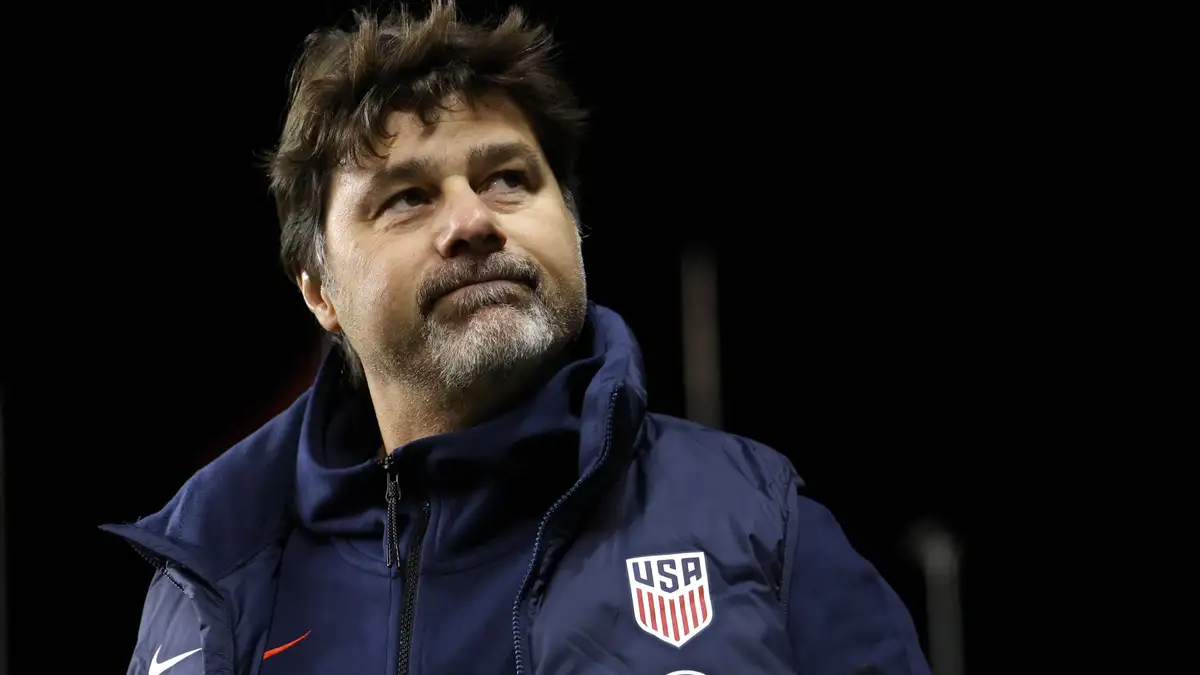
“I’m Not the Janitor!” – Mauricio Pochettino Snaps After Question on ‘Regular Players’ as USMNT Boss Defends His Choices Following Statement Win Over Uruguay
Mauricio Pochettino Fires Back as USMNT Coach Bristles at Selection Criticism
On most nights, beating Uruguay 5–1 would be more than enough to guarantee a cheerful press conference. A historic result against a South American powerhouse typically buys a manager some goodwill, a few smiles, and perhaps the freedom to wax lyrical about team chemistry and tactical improvements. But Mauricio Pochettino’s evening took a very different turn.
The USMNT boss, now 14 months into his tenure, expected to talk about fluid attacking patterns, the rhythm his players finally seem to be finding, and what a victory of this scale means for a team edging closer to a home World Cup. Instead, he found himself stunned by a line of questioning that left him genuinely irritated — enough to suggest the press conference be restarted entirely.
For Pochettino, who has coached at the highest levels with Tottenham and Paris Saint-Germain, the suggestion that he lacks “regular players” in his team struck a nerve. And he didn’t hide it. His now-viral line — “I am the USA coach, not the janitor” — summed up the frustration that had been simmering under the surface.
As far as nights in American soccer go, this one hit every beat: a big win, a sharp debate, and a manager fully convinced he’s on the right path, whether people like it or not.
How Many Players Has Mauricio Pochettino Used with the USMNT?
Before diving into the controversy, it’s important to understand the broader context. Pochettino has used 71 different players since taking charge of the U.S. men’s national team. Seventy-one. In just over a year.
To some, this number reflects chaos — a constant revolving door, little continuity, and a team with no backbone. To others, especially considering the unique circumstances, it makes perfect sense. The United States didn’t need to qualify for the World Cup. They’ve been dealing with fluctuating form, inconsistent fitness, and the usual waves of young prospects pushing for minutes.
And, perhaps most importantly, Pochettino inherited a squad that desperately needed a reset. The post-2022 landscape was messy: injuries, stalled development arcs, tactical uncertainty, and a fanbase unsure of what direction the program was heading.
His argument has always been the same: to find the right XI, you have to test the options. And with a tournament on home soil in 2026 looming, there’s no bigger priority than understanding your talent pool.
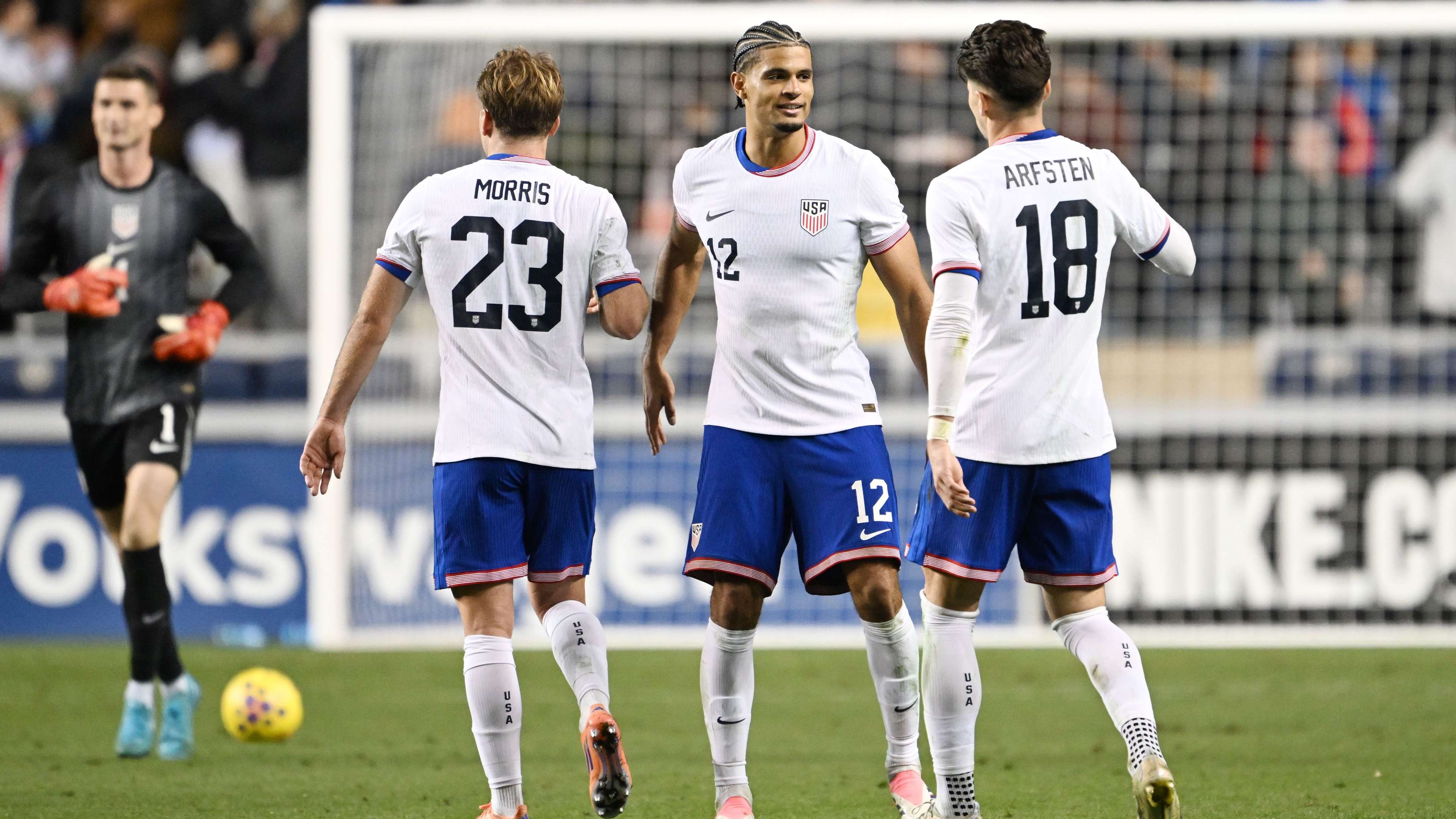
Miles Robinson, USMNT
USMNT Coach Mauricio Pochettino Confused and Annoyed by ‘Regular Players’ Question
But logic aside, the question that set him off wasn’t about the number of players he has tried — it was about the absence of “regular players.” The implication was clear: with so many rotations and so little continuity, how can the U.S. expect to be competitive against elite nations?
Pochettino didn’t hide his disbelief.
“My question is, maybe we need to stop the press conference and I need to go to the dressing room, come back, and start the press conference again,” he fired back. “Because it’s like we were the opposite, losing 5–1.”
The room grew quiet. He wasn’t joking.
Then came the line that will likely follow him for a while:
“I am the USA coach, not the janitor. Tell me which regular player we are talking about, because I don’t understand what regular player means?”
When the reporter tried to soften the question by switching to “more experienced players,” Pochettino’s patience wore thinner.
“Which? Which one? We need to talk about that to congratulate the player. I don’t know if they’re listening to the press conference — a player feels they’re not a regular player, they play and they did well — if I am the player, I am disappointed by that.”
For a coach who has always worn his emotions close to the surface, this was vintage Pochettino: passionate, protective of his squad, and irritated when he believes criticism contradicts on-field reality.
And to be fair, the on-field reality was pretty impressive.
Three Straight Wins: Pochettino Points to Progress, Not Problems
Lost in the drama was the actual result: a 5–1 dismantling of Uruguay, the team’s biggest win over a non-CONCACAF opponent since 2011. Add that to victories over Paraguay and Australia, and the U.S. suddenly has three straight wins and an unbeaten run of five.
Pochettino made nine changes from the Paraguay match, and yet the structure, energy, and intensity remained intact. That’s precisely the point he has been trying to make for months — depth is a strength, not a liability.
“What I really appreciate from the team, and all of the staff, is the way that we start to connect together,” he said. “That is the most important thing to arrive at the World Cup and to have a chance to challenge all of the big teams.”
He praised belief, fight, togetherness — all those intangible pieces that matter more than lineups on a whiteboard. To him, the U.S. isn’t suffering from rotation. It’s thriving because of it.
Why Rotation Was Always Part of the Plan
The U.S. is in a unique position. Unlike most nations, they didn’t have to endure the pressure cooker of World Cup qualification. That gave Pochettino full permission to experiment. Early friendlies, developmental camps, and Nations League ties allowed him to stretch the limits of his player pool.
Some managers would have played it safe, sticking to a core 15 or 16 players. Pochettino did the opposite. He pushed young talents early, challenged veterans, and made no promises to anyone. If you performed, you stayed. If you dipped, someone else stepped in.
And the players, to their credit, embraced it. Competitive tension has arguably been healthier than it’s been in years.
So when a reporter implied that this approach was flawed, it’s no surprise the manager reacted. Pochettino has staked his reputation on his ability to build a cohesive, modern, aggressive U.S. team — and the Uruguay result is the evidence he keeps pointing to.
Glamour Friendlies Ahead: Belgium and Portugal on the Horizon
With the U.S. not playing again until March, the next window is expected to deliver some real tests. The federation is reportedly working on arranging friendlies against Belgium — featuring Kevin De Bruyne and Romelu Lukaku — and Portugal, headlined by five-time Ballon d’Or winner Cristiano Ronaldo, who recently visited the U.S. for a meeting with President Donald Trump.
For Pochettino, these are exactly the types of matches he wants. Not only do they stretch the team, but they prepare the group for what awaits them at the 2026 World Cup. To beat elite nations, you have to play elite nations.
There are only two more camps before the World Cup begins. The pressure is rising, the experiments are narrowing, and the need to finalize a core group becomes more urgent by the month. But if the past year is any indication, Pochettino will continue trusting his instincts — and not the noise.
Final Thoughts: Pochettino Won’t Apologize for His Process
If there’s one thing the Uruguay match and the post-game drama made clear, it’s that Mauricio Pochettino is deeply protective of this project. He believes in his players, he believes in the system, and above all, he believes the U.S. is moving in the right direction.
His irritation during the press conference wasn’t just about a poorly phrased question — it was about the idea that his team wasn’t being recognized for a dominant performance. That, in his eyes, is unfair to every player who stepped on the pitch and delivered.
Whether you agree with his method or not, the results are beginning to back him up. Goals are flowing. Performances are improving. And there’s a genuine sense that the U.S. is developing a clear identity under a coach who refuses to let outside voices disrupt the process.
And if anyone still doubts him?
Well, Pochettino already said it best:
He’s the U.S. coach — not the janitor.


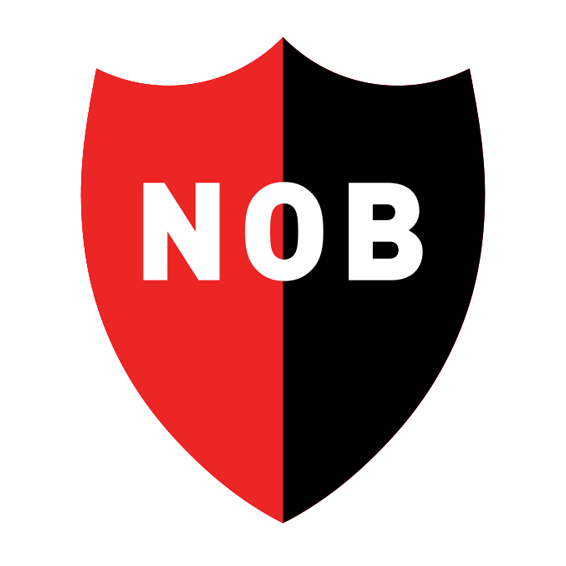








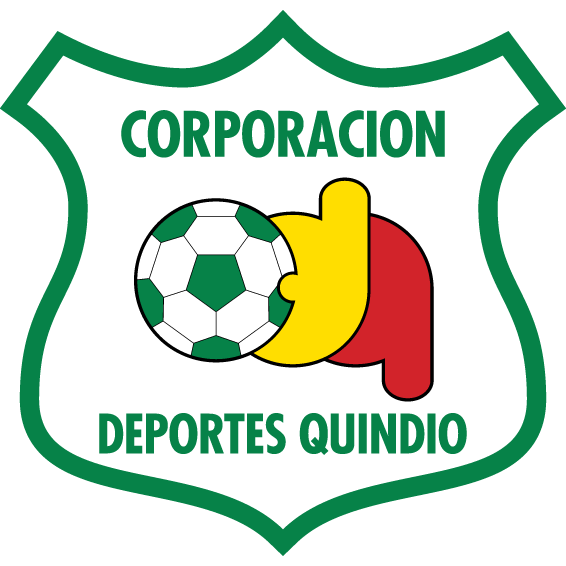
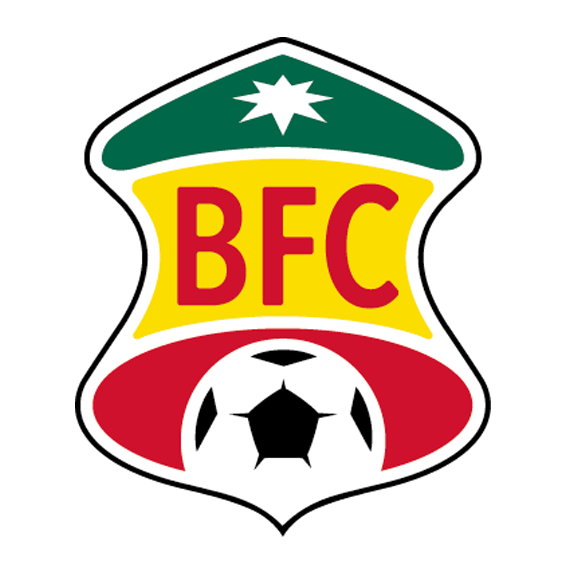

























There are no comments yet. Be the first to comment!